How long will Syria remain a battleground?
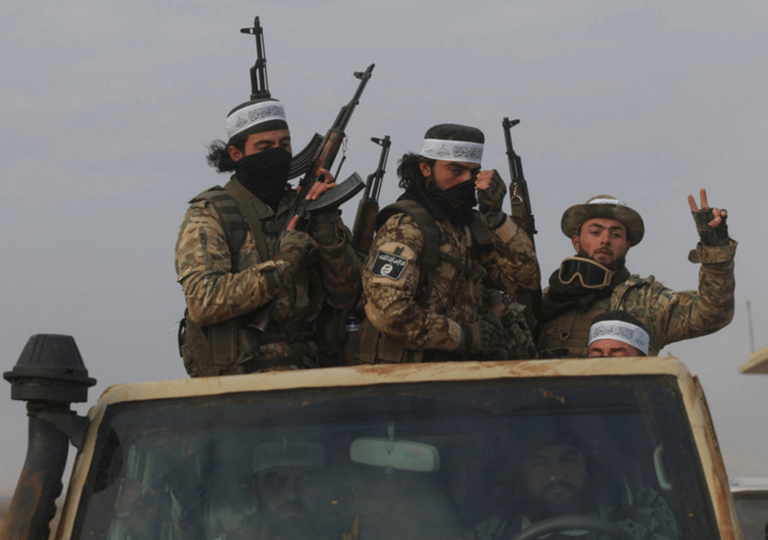
Syria's civil war continues, fueled by foreign interests and ongoing clashes among multiple factions, resulting in immense suffering

Syria's civil war continues, fueled by foreign interests and ongoing clashes among multiple factions, resulting in immense suffering
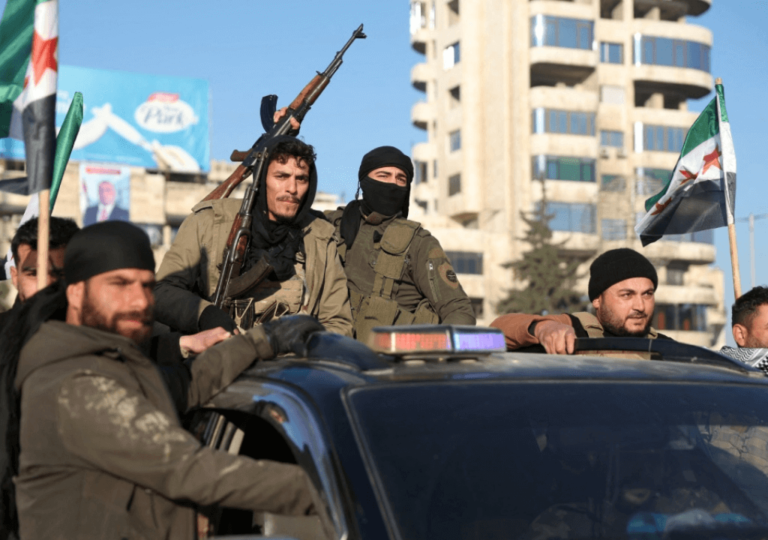
Islamist group HTS has seized control of Aleppo, reigniting global concerns about renewed Islamist rule in Syria
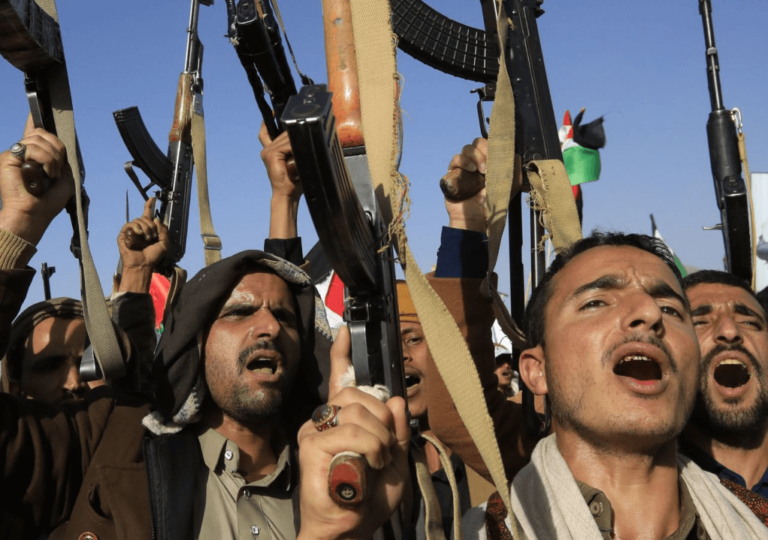
The Islamic world lacks a superpower to challenge Israel due to U.S. dominance and weakened regional leadership
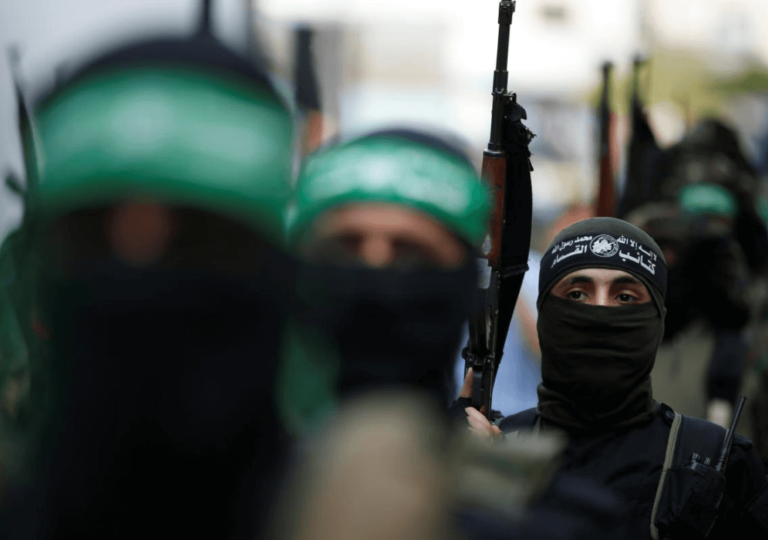
Gaza conflict fuels radicalization among youth, raising global terrorism concerns
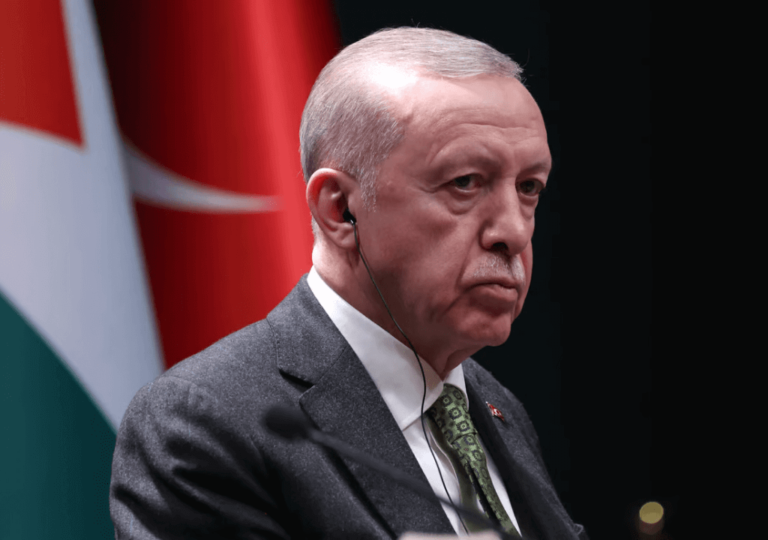
Turkey's Erdogan hints at possible intervention in Gaza amid rising tensions with Israel
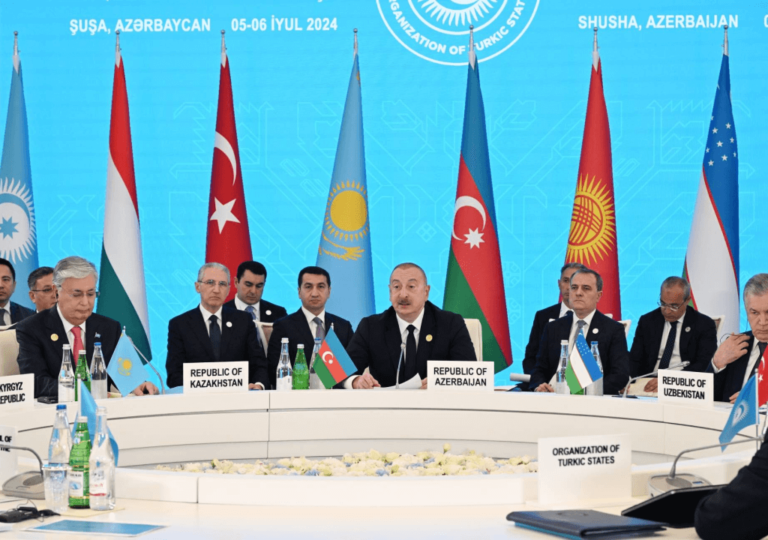
Turkic states, including Turkey, share common ethnic, linguistic, and cultural ties, forming the Organization of Turkic States (OTS) to strengthen cooperation and protect regional interests.
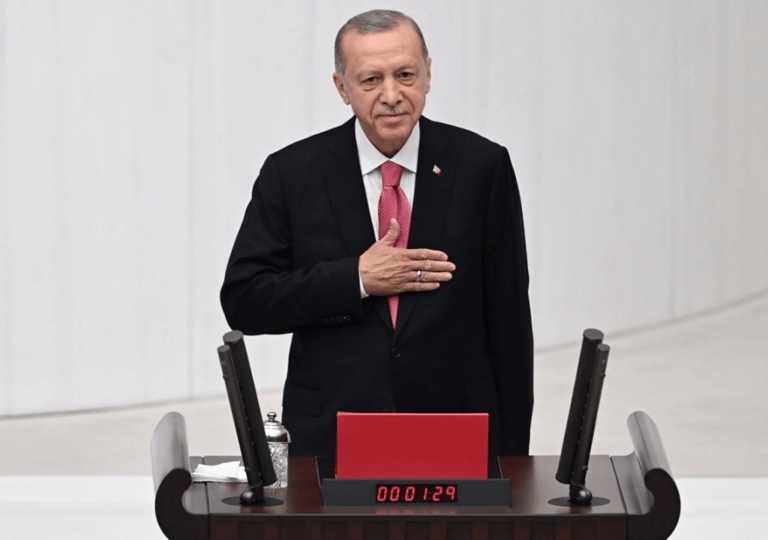
Turkey halts trade with Israel, a bold move against Israel's actions in Gaza, as Erdogan seeks political gain.
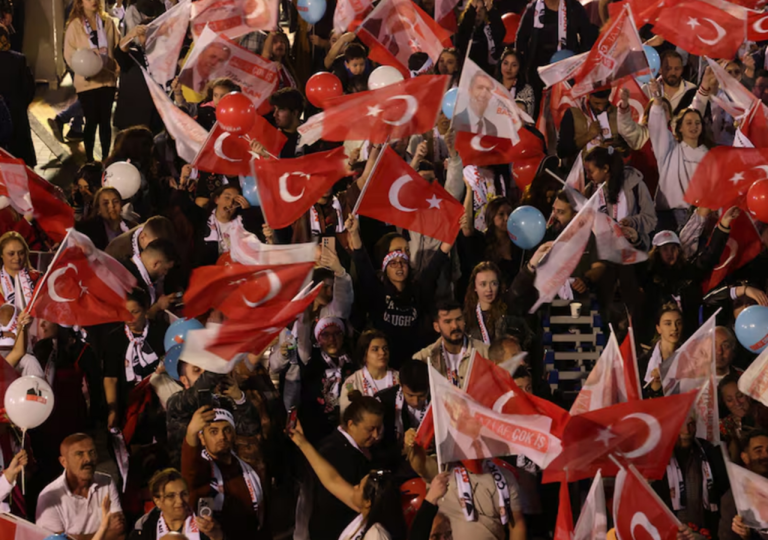
Despite Erdogan's long-standing rule and electoral victories, recent local elections signal a shifting political landscape, with the opposition gaining ground.
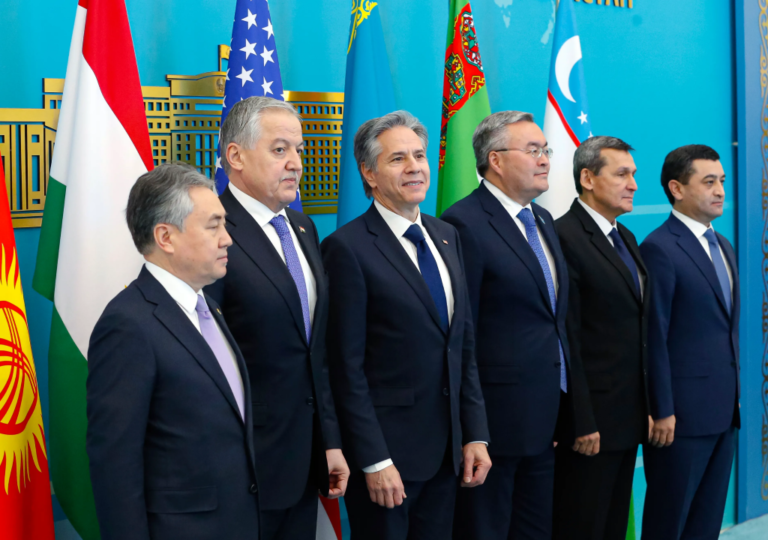
Central Asia's shift from Russian influence unfolds as global players like the US engage in economic partnerships and regional integration efforts.